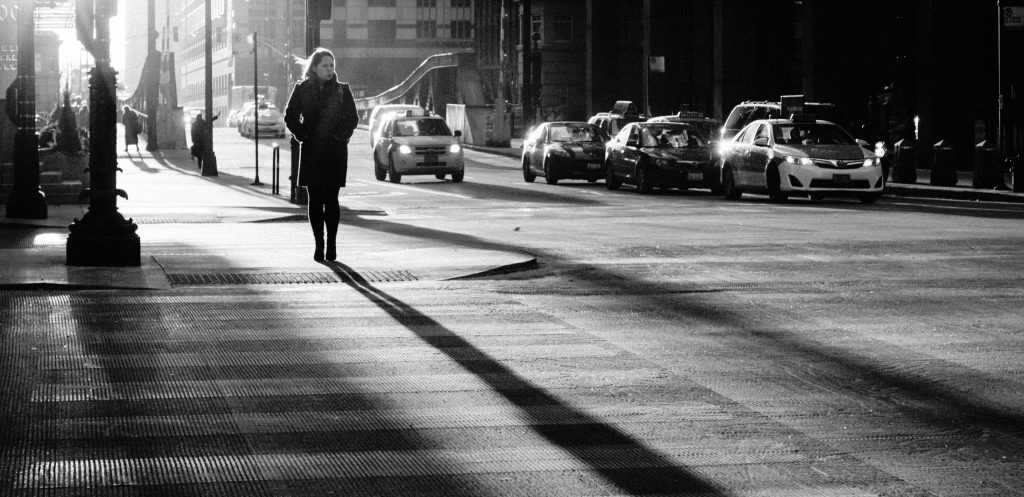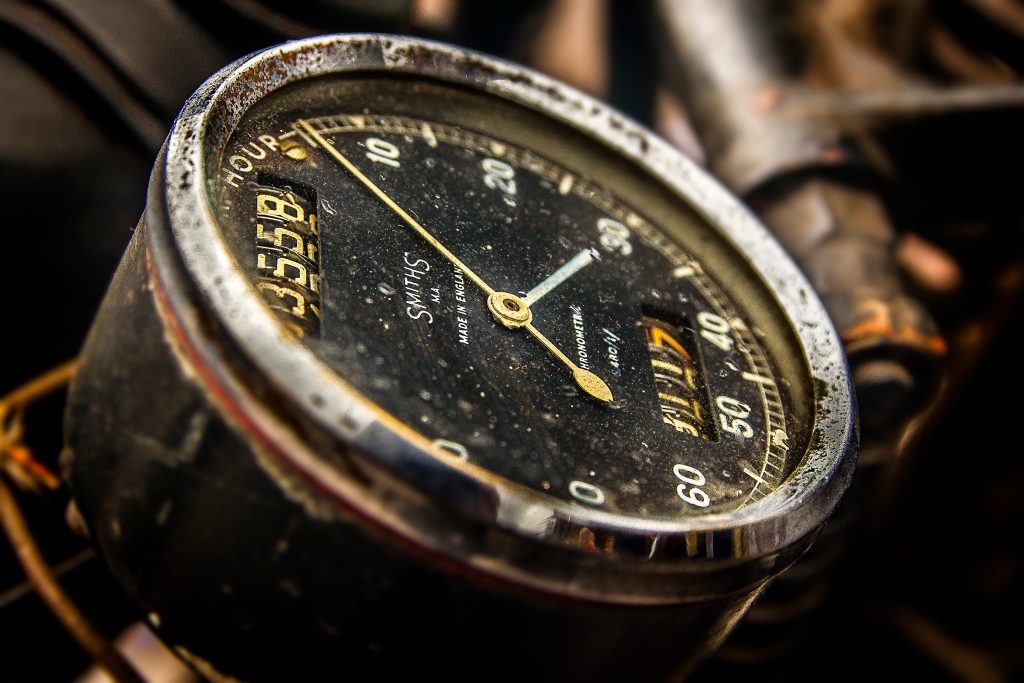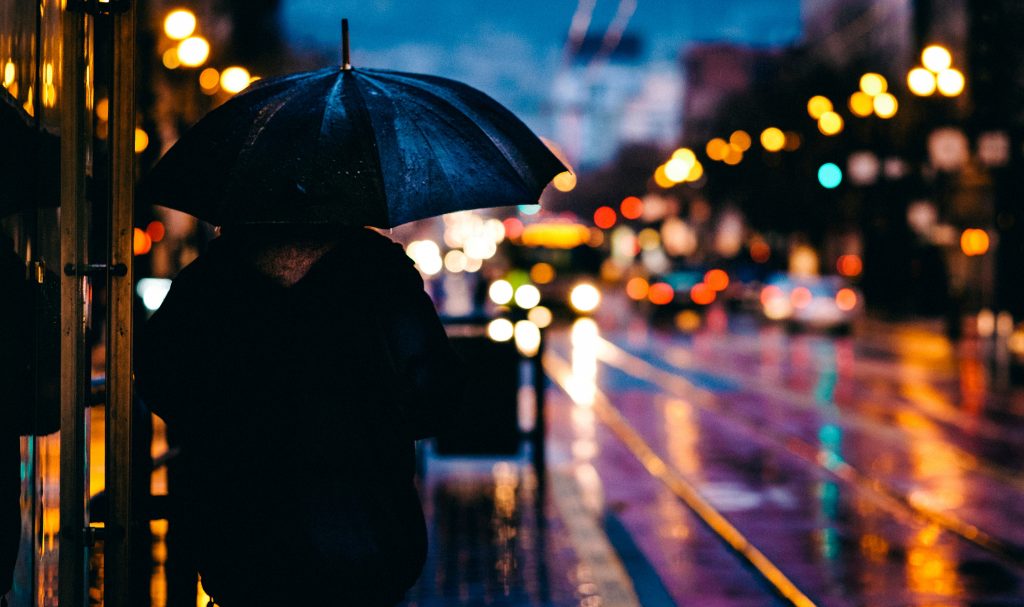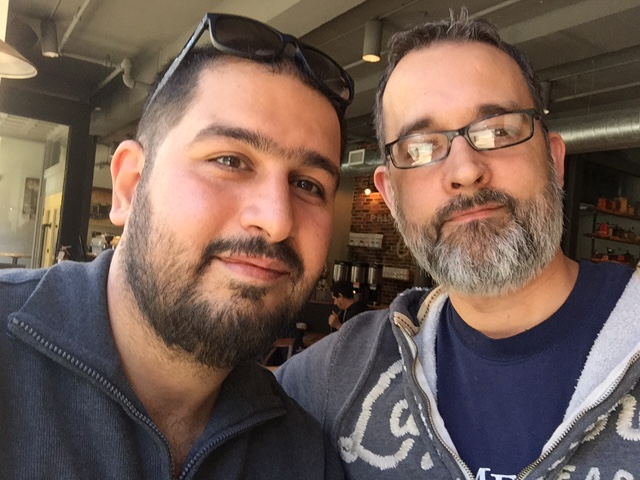
Ride with me for just a moment on this roller coaster called self-employment, in which I try to provide for two adults and six children. This is how it often goes: I live a life of relatively uneventful days and sleepless nights. Poppy is five months old and highly skeptical of the benefits of sleeping through the night; Leo likes to come and say hello early in the morning; Sam wanders into our room in the middle of the night and sleeps on the floor. I do not set my alarm clock. I rarely work outside the house.
This is how I make money: If I can land two book projects per year, we’re a little short. At three we are doing okay. At four we worry if we have put enough back for taxes. We have sometimes gone months with no income. I only tell you this so that you understand the thin sliver of a line between a life where we eat at restaurants and a life where we don’t fill up the gas tank the entire way.
This is the life of this self-employed, freelance writer. I am not complaining. I am just telling you how it is.
* * * * *
We approached 2017 with very little confirmed work. We always know the month when the money will run out if I don’t land any new work. For a little while, The Month was January, 2017. And it marched ever closer.
We don’t look directly at The Month anymore. When I first started freelancing, The Month was like a spotlight in the eyes, far off but still blinding. It’s difficult to live that way, constantly shielding the eyes, and we learned to look away, to look at the here and now. This is the best way to live.
But as we approached The Month – January, 2017 – I couldn’t help but notice my pulse going up. I started driving for Uber to buy a little time. The flexibility is nice. The people are interesting.
Then, relief.
A job. A verbal commitment. We would meet the week after Christmas to finalize the deal, sign the contract, receive the deposit. This was one third of what we needed to pay the bills in 2017, and it was a relief. The blinding light of The Month dimmed. Between that job, Ubering, and other odds and ends, 2017 was well on its way to being covered, financially speaking.
Then, the sucker punch.
A two-sentence email. The customer changed their mind. They’d had second thoughts.
I am not complaining. I am just telling you how it is.
* * * * *
In 2010 or 2011 or any of the early years after I started writing full time, this is the kind of news that put me in full resume update mode. I’d start perusing job sites. I’d make a few desperate calls to friends. And for a few short hours last week, I was back there again.
Why do I try to do this for a living? What kind of a loon am I, believing I can make a living as the sole earner in our house by writing? Wouldn’t a regular income be better, even if it meant long hours away from the family, even if it meant doing something I didn’t love doing?
Why did I think this good thing could happen?
This is the question we ask ourselves when it feels like the bottom has fallen out. Most of us have been there, in one form or another. This is the question the single person asks when yet another relationship fades without fanfare, the question the entrepreneur asks when the financing falls through, the question the couple asks when her period arrives again.
These are the questions we ask ourselves when we are losing hope.
* * * * *
Don’t feel ashamed if you’ve misplaced your hope. It happens to the best of us. Sometimes this planet, with all that happens on it, can feel like a God-forsaken lump of dirt hurtling through the universe.
But also remember this. Hope is not simply something you keep your eye on. “Don’t lose hope!” people say in those saccharin voices, but hope is not something that can easily be kept track of. Hope is not like a set of keys or a tooth brush.
Hope must be wrestled to the ground. Having hope takes serious effort. It’s a slippery little devil, and if you don’t insist on grappling with it, it will slip away from you.
* * * * *
Deep breath. Exhale. Deep breath. Exhale. Deep breath. Exhale.
* * * * *
It’s 2017. 2016 may have taken your lunch money and kicked you to the curb. 2016 may have disappointed you in a thousand different ways. 2016 may have filled you with doubt and uncertainty and cynicism.
But it’s not 2016 anymore. Wrestle hope to the ground. Prepare to be surprised for good. Don’t give up.










